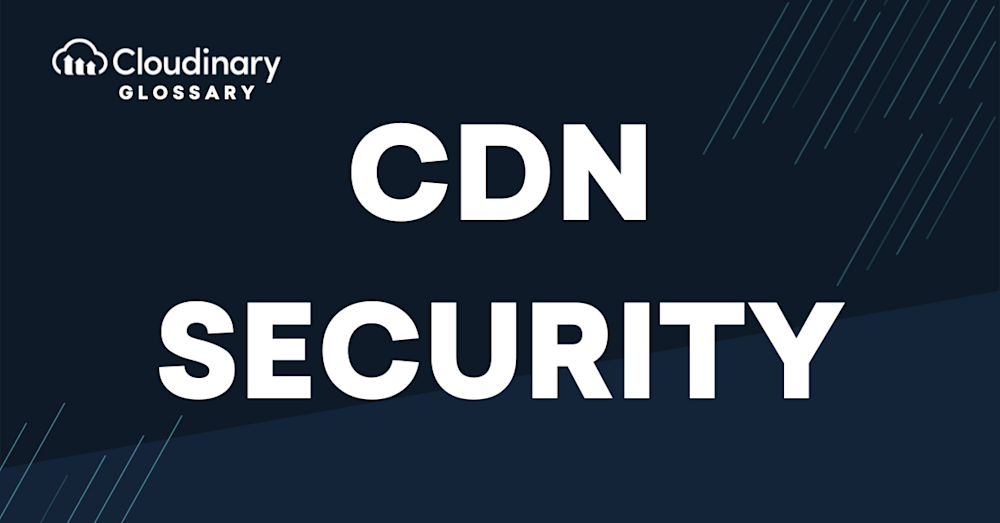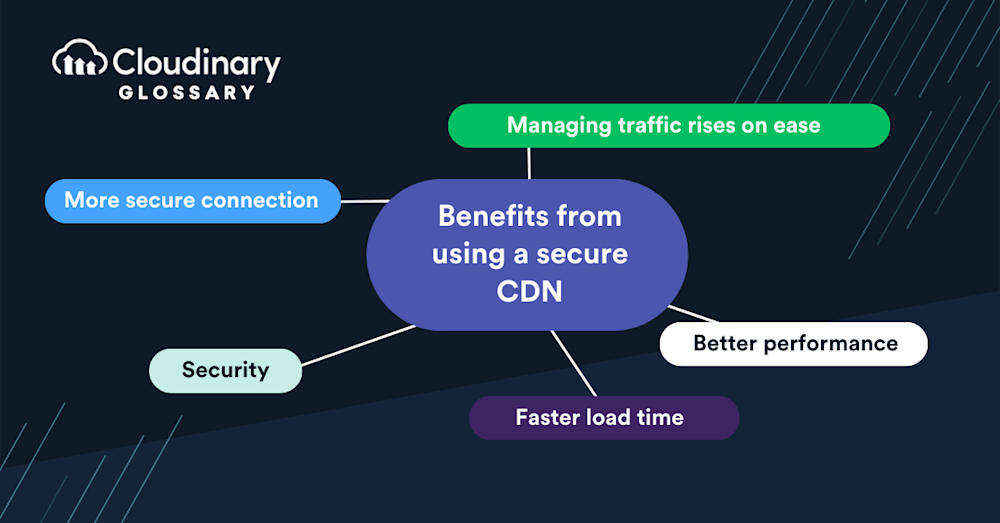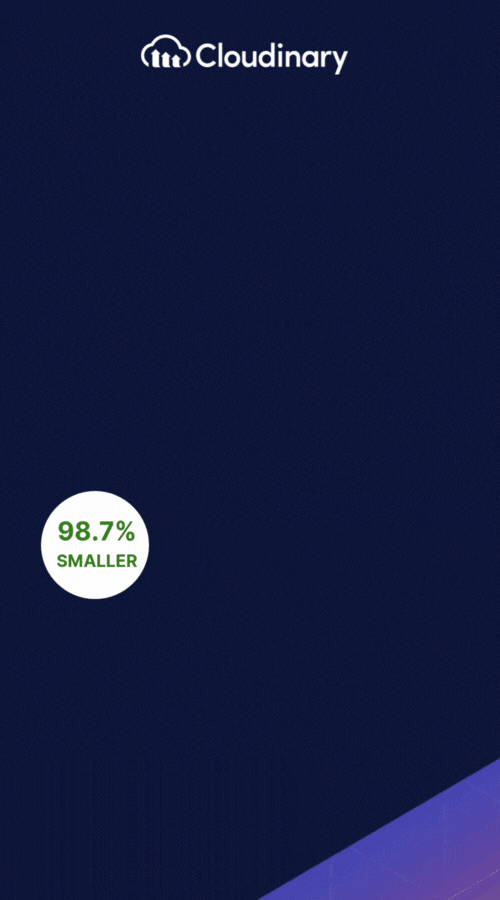What Is CDN Security?
CDN Security, or Content Delivery Network Security, refers to the measures and protocols implemented to protect the content and infrastructure of a CDN from various cyber threats. With the increasing reliance on CDNs for content delivery, ensuring the security of these networks has become a top priority for businesses and content providers.
CDN Security encompasses many protective measures, including encryption, access control, DDoS (Distributed Denial of Service) attack mitigation, and data integrity assurance. These security measures safeguard the content being delivered to the end users and protect the CDN infrastructure from unauthorized access, data breaches, and other potential threats.
CDN Security Risks
Despite the numerous benefits CDNs offer, security is still a vital factor. Businesses and content providers must know these risks and implement appropriate security measures to mitigate them. Some common risks include:
- DDoS attacks: Cybercriminals may target CDNs with DDoS attacks, overwhelming the network with traffic and causing disruptions or service outages.
- Data breaches: Unauthorized access to CDN servers may lead to the theft or exposure of sensitive user data, harming both users and the reputation of the content provider.
- Cache poisoning: Attackers can manipulate cached content, injecting malicious code or redirecting users to harmful websites.
- SSL/TLS vulnerabilities: SSL/TLS encryption weaknesses can expose sensitive data during transmission, putting user privacy at risk.
- Domain hijacking: Cybercriminals may attempt to take control of a domain, redirecting users to malicious sites or intercepting sensitive information.
By understanding these risks and implementing robust CDN security measures, businesses can ensure safe and reliable content delivery to their users.
How to Ensure CDN Security
It is essential to implement robust security measures to protect your data and ensure the safe delivery of content to your users. Here are some best practices to follow when ensuring CDN security:
- Choose a reputable CDN provider. Select a CDN provider with a strong security and reliability track record, offering features such as DDoS protection, SSL/TLS encryption, and access control.
- Implement strong access controls. Use authentication and authorization mechanisms to restrict access to your CDN servers, preventing unauthorized access and data breaches.
- Encrypt data in transit. Utilize SSL/TLS encryption to protect sensitive data during transmission between servers and end-users.
- Monitor and analyze traffic. Regularly examine your CDN traffic for unusual patterns or spikes, which may indicate a potential security threat.
- Keep software up-to-date. Ensure that all software components, including server operating systems, content management systems, and web applications, are regularly updated to address any known security vulnerabilities.
By following these best practices, you can significantly reduce the risks associated with CDN use and ensure the secure delivery of content to your users.
Benefits of CDN Security
A secure CDN offers numerous advantages to businesses and content providers, ensuring safe and efficient content delivery to users worldwide. By implementing robust security measures, you can reap the following benefits:
- Enhanced user trust. A secure CDN helps protect user data and maintain privacy, fostering trust and loyalty among your audience.
- Improved website performance. A secure CDN can ensure faster load times and enhanced user experience with DDoS protection and optimized server infrastructure.
- Reduced risk of data breaches. Implementing strong access controls and encryption can significantly lower the risk of data breaches and unauthorized access.
- Higher SEO rankings. Search engines prioritize secure websites, so having a secure CDN can contribute to higher search engine rankings and increased visibility.
- Business continuity. By mitigating security risks and preventing disruptions, a secure CDN ensures uninterrupted content delivery, maintaining business operations and customer satisfaction.
Conclusion
CDN security is an essential aspect of delivering content to users across the globe. By understanding the risks associated with CDNs and implementing robust security measures, businesses, and content providers can ensure their content’s safe and efficient delivery. A secure CDN fosters user trust and contributes to improved website performance, reduced risk of data breaches, higher SEO rankings, and business continuity.
Don’t compromise on your CDN security; choose Cloudinary as your trusted partner for setting up a secure and reliable Content Delivery Network. Elevate your content delivery strategy with Cloudinary and provide your users with a secure, high-performance, and seamless online experience.
Start your journey with Cloudinary today and unlock the full potential of a secure CDN for your business.
Additional Resources You May Find Useful:



